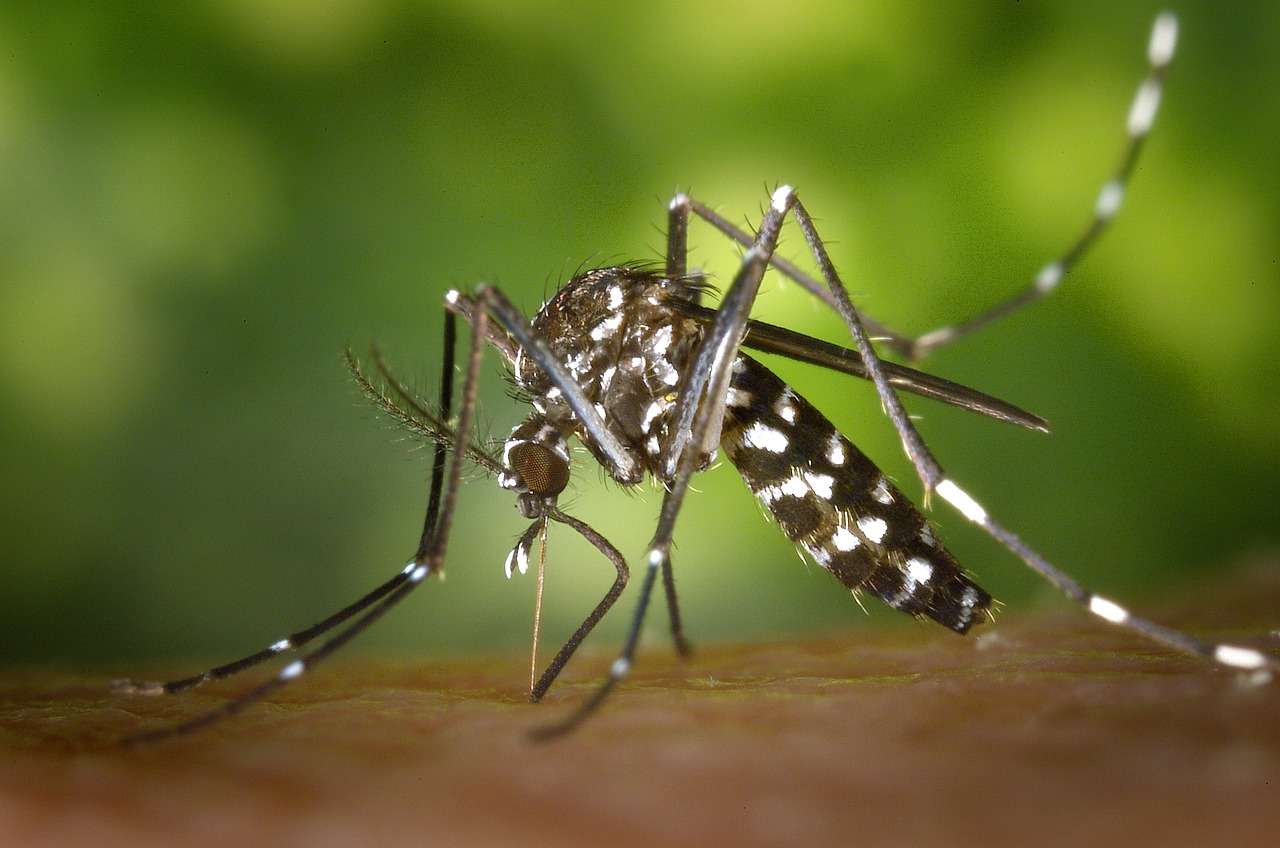Australian researchers have developed a groundbreaking technique to control mosquito populations by using genetically modified males that transfer venomous proteins to females during mating, reducing their lifespan and disease-spreading potential.
Key Points at a Glance
- Genetic Modification: Male mosquitoes are engineered to produce venom proteins in their semen, which poison females during mating.
- Reduced Female Lifespan: The venom significantly shortens female mosquitoes’ lives, limiting their ability to reproduce and spread diseases.
- Disease Control Potential: This method targets mosquitoes that carry diseases like malaria, dengue fever, and Zika.
- Eco-Friendly Solution: The technique avoids harmful chemical insecticides, minimizing its environmental impact.
Researchers at Macquarie University in Australia have unveiled a revolutionary method to combat mosquito-borne diseases. By genetically modifying male mosquitoes, scientists have created a strain capable of producing venom proteins in their semen. These proteins, sourced from spiders and sea anemones, are transferred to females during mating, drastically shortening their lifespan.
The shorter life expectancy of the females significantly reduces their ability to transmit deadly diseases, including dengue fever, malaria, and Zika. According to lead researcher Sam Beach, this “toxic male technique” (TMT) could become a vital tool in global disease prevention efforts.
Unlike traditional methods, which rely heavily on chemical insecticides, TMT offers a precise, species-specific solution. Chemical insecticides often harm non-target species, including beneficial insects, and can have long-term environmental consequences. In contrast, the genetically modified males target only the disease-carrying mosquito populations, making TMT a more sustainable option.
The research team is optimistic about the scalability of the method. Trials have demonstrated promising results in reducing mosquito populations without affecting other species. However, researchers acknowledge the potential for public concern regarding the use of genetically modified organisms and emphasize the importance of thorough testing and transparent communication.
The toxic male technique represents a significant advancement in mosquito control strategies. By leveraging genetic engineering, scientists are taking bold steps to combat diseases that affect millions of people annually. If widely adopted, this approach could save countless lives and reduce the global burden of mosquito-borne illnesses.
